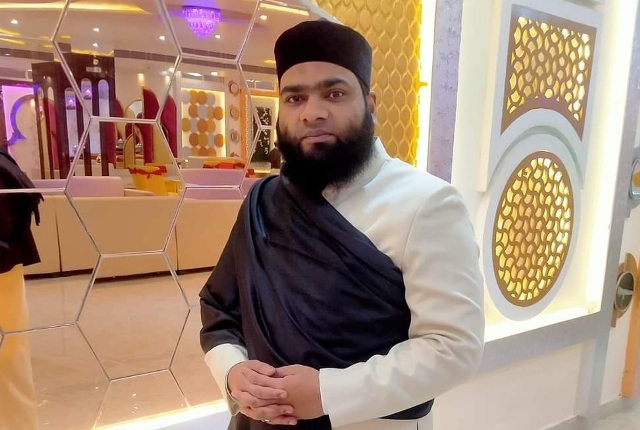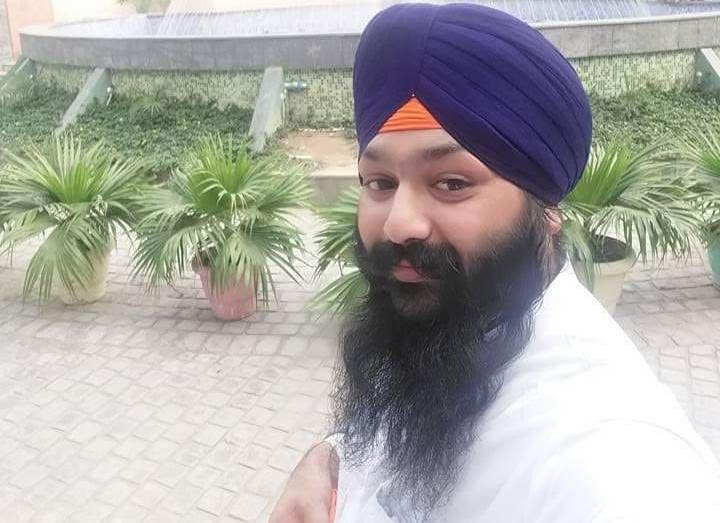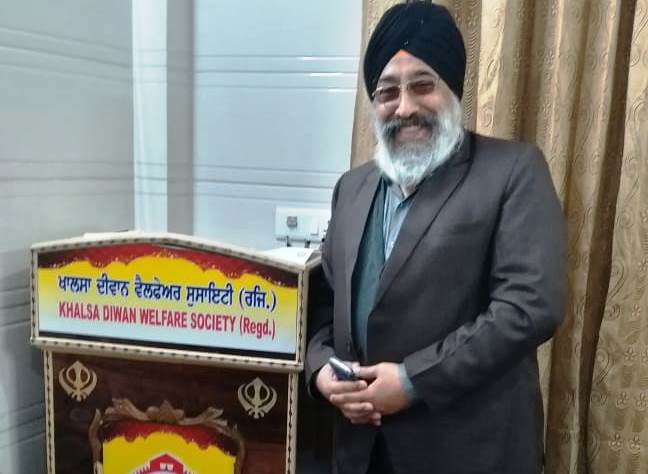Mufti Danish Ashrafi Qadri from UP explains how a religious moral compass can bring about positive changes in our society and its secular ethos
Since times immemorial the division between the state and religion has been remarkably thin. For, both seek to work towards the welfare and betterment of the masses under its influence.
It is thus incumbent on a religious leader to bring about positive, ethical advancement in humanity at large and the surrounding community in particular. To that effect, I believe that India’s religious leaders and scholars have failed in the cherished goal. Allow me to explain.
Thanks to modern mass communication means, we have so many religious leaders sermonising from real and electronic platforms 24×7. Yet, look at the state of our society. Growing intolerance, rising graph of crimes, particularly against women, domestic violence, falling family values…. Clearly, our mentors, both political and religious, have failed in their duty.
Today, most religious leaders are behaving like politicians and politicians are increasingly acting like religious gurus. Precisely the reason that an inclusive, secular and cohesive atmosphere that we grew up in is getting eroded.
Our religious influencers only preach. I wish if our muftis or gurus tried to be good listeners and heard people’s concerns before offering them unsolicited guidance, matters could have been different. For, religion is meant to adapt itself to the contemporary times.

Religious leaders need to get out of their ivory towers and interact with people on issues that impact their daily lives. As a State seeks to make its citizens abide by the law to create a safe and orderly environment, religion nurtures the faithful to become sensitive humans to help the vulnerable and the weak.
ALSO READ: People Are Getting Too Touchy About Religious Identity
But we have reduced religion to Us-Versus-Them symbols. One glaring example of this absurdity is the ongoing hijab controversy. The choice of whether or not to wear a headscarf should lie with an individual. Even religious leaders can only lay down guidelines but cannot push anyone to follow it.
If anyone were to ask for my advice to the young girls caught in the dilemma I would say more importance be given to education. But ideally, young girls shouldn’t have had to choose between education and hijab. Education teaches us to make decisions for ourselves, should a decision be forced on those pursuing education then? If UP Chief Minister Yogi Adityanath can wear saffron robes to office, why can’t schoolgirls in Karnataka or anywhere else for that matter, wear a hijab?
On one hand I am glad that most religious leaders didn’t talk about the matter because they didn’t want to play into the hands of politicians/media but on the other hand I feel that the youngsters must be feeling lost without any guiding voices. Sometimes I wonder where the prominent feminist voices are, but perhaps they can also see through the political ruse. All in all a very difficult situation to navigate.
All religious leaders, irrespective of their faith, should focus as much on the context as the text. We need to see how much religious books can help us lead better lives rather than take out just one line from the book and twist the narrative. It is time religious leaders stopped pandering to politics. And it would do well for political leaders to understand the religion they follow in an in-depth manner.
As told to Yog Maya Singh



